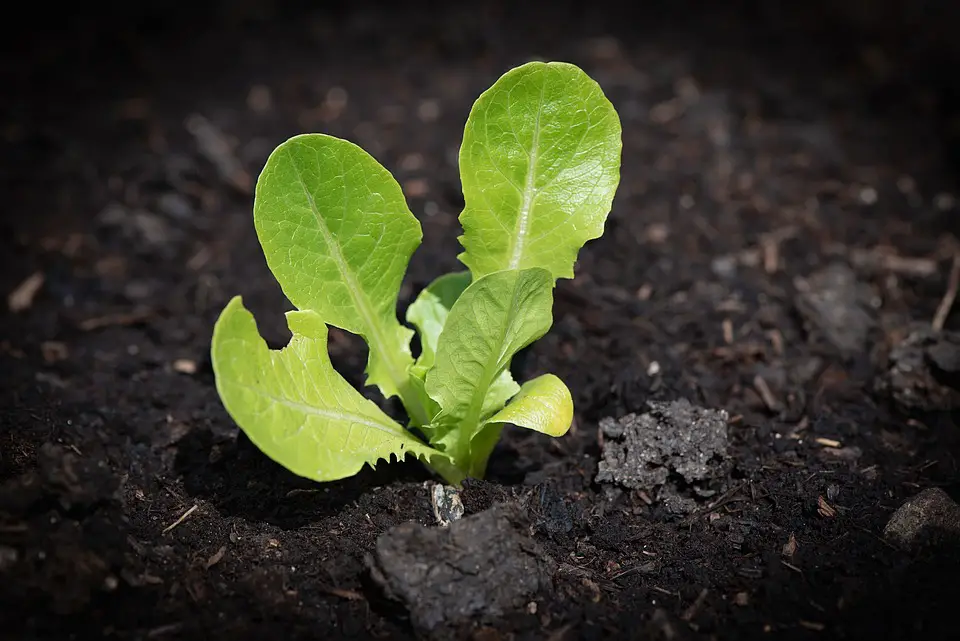Have you ever considered the benefits of growing your own fruit?
In a world where many people rely on store-bought produce, cultivating your own fruits can be a rewarding and fulfilling endeavor.
Not only does it give you the opportunity to enjoy delicious, fresh-from-the-garden flavors, but it also provides numerous other benefits.
In this article, we will explore the advantages of growing your own fruit and why it may be worth considering for your own gardening efforts.
One of the main advantages of growing your own fruit is the superior flavor it offers.
Unlike commercial fruit that is often harvested prematurely for transport convenience, homegrown fruit can ripen naturally on the tree or vine, developing rich and intense flavors.
The taste of a sun-ripened strawberry or a freshly picked peach is far more vibrant and delightful compared to its store-bought counterparts.
When you grow your own fruit, you can savor mouth-watering flavors that simply cannot be replicated by mass-produced alternatives.
Another compelling reason to grow your own fruit is the increased nutritional value it provides.
Freshly harvested fruit is rich in essential vitamins, minerals, and antioxidants that naturally diminish over time.
By growing your own, you can ensure that you and your family consume fruits at their peak nutritional value.
Also, you have control over the growing process, enabling you to minimize the use of harmful pesticides and chemicals, making your fruit even healthier for consumption.
Growing your own fruit can also be cost-effective and environmentally friendly.
Purchasing fruits from grocery stores or farmers’ markets can be expensive, especially when they are out of season.
However, by growing your own, you can save money in the long run.
Additionally, producing your own fruit reduces the dependence on commercial agriculture, which often relies on excessive chemical usage, transportation, and energy consumption.
By growing fruit in your backyard, you contribute to a more sustainable food system and minimize your carbon footprint.
Gardening, in general, has been proven to have therapeutic benefits, and growing your own fruit is no exception.
The act of nurturing plants, watching them grow from seed to harvest, and connecting with nature can significantly reduce stress and improve mental well-being.
Whether you have a sprawling garden or a small balcony, tending to fruit-bearing plants provides a sense of accomplishment and tranquility.
It can be a form of meditation that allows you to disconnect from the fast-paced world and immerse yourself in a peaceful and rewarding activity.
Growing your own fruit presents an excellent educational opportunity for both adults and children.
It enables you to learn about plant life cycles, cultivation techniques, and the importance of sustainable agriculture.
Involving children in fruit-growing activities can spark their interest in nature, biology, and healthy eating.
It allows for quality time spent together as a family, working collectively towards a common goal.
Planting, nurturing, and harvesting fruit can be an engaging and memorable experience that fosters bonding and a deeper connection with the food we consume.
Q: Can I grow fruit indoors?
A: Yes, certain fruit varieties can be successfully grown indoors.
Options such as citrus trees, strawberries, and dwarf fruit trees can thrive in containers and be cultivated indoors.
Just ensure they receive adequate sunlight and proper care.
Q: Do I need a large garden space to grow fruit?
A: Not necessarily.
Many fruit species can be grown in small spaces, such as balconies, patios, or even hanging baskets.
There are compact varieties available that are specifically bred for small gardens or container growing.
Consider your space limitations and choose fruit varieties that are suitable for your specific situation.
Q: How much time and effort does growing fruit require?
A: Growing fruit does require some time and effort, but it can be as involved as you wish to make it.
Some fruits, like strawberries, are relatively low-maintenance and can be grown with minimal effort, while others may require more attention.
Regular watering, pruning, and pest control are essential aspects of fruit cultivation.
However, the rewards of harvest and the experience of growing your own produce often outweigh the labor involved.
Q: What is the best time to plant fruit?
A: The best time to plant fruit varies depending on the specific fruit species and your geographic location.
It is generally recommended to plant fruit trees after the threat of frost has passed in the spring.
Consult gardening resources or local experts to determine the optimal planting time for the particular fruits you wish to grow.
Q: Can I grow organic fruit at home?
A: Absolutely!
Growing your own fruit gives you complete control over the cultivation process, allowing you to adopt organic practices.
Use organic fertilizers, compost, and pesticides to ensure you grow fruit that is free from synthetic chemicals and pesticides.




